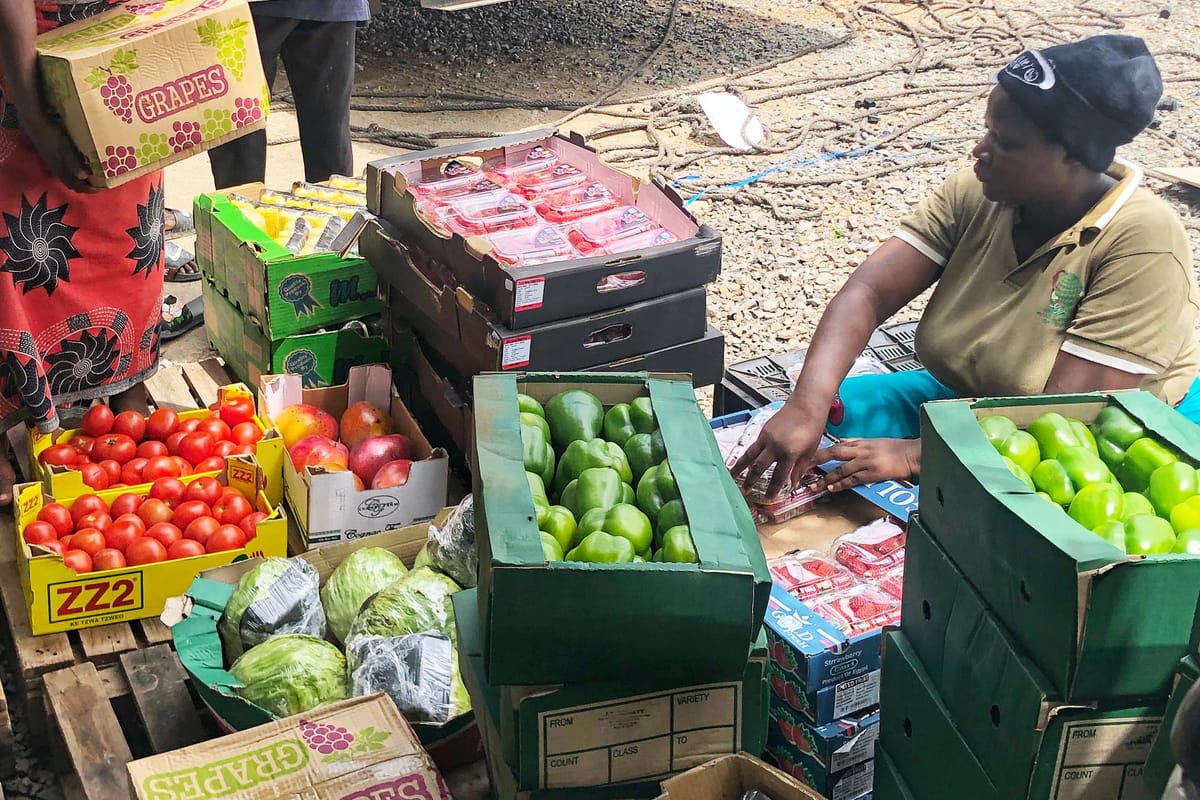When market solutions are not enough

I recently spent a week in the northwest of Mozambique on an assignment for an international donor agency looking at how agriculture markets can drive economic development. Here are my reflections in Development Policy. There are many instances when market solutions are not enough to achieve private sector development. While market systems development shows us the power of markets, there are political and structural barriers for many people participating in and benefiting from markets.
For the last few decades, Western governments and economists at large international financial institutions have argued that market-based solutions will solve the problems of poor farmers. My time in Mozambique reminded me of why I’m sceptical of this single response.
Mining companies are eager to report on their local purchasing. Local content is a hot-button political issue in countries where multinationals extract enormous mineral wealth. Despite this, the immediate benefits to the local population are hard to measure.
The market system can be changed to improve the connections between growers, traders and buyers. Improving market information and building trust among all market actors can increase confidence and encourage investment. Market solutions help farmers to see a viable future in planting new crops and investing in better irrigation, storage and new equipment. Similarly, traders with longer-term and fairer contracts will be encouraged to invest in better storage and transport facilities.
A two-pronged approach is required, combining demand for local content while improving the competitiveness of local suppliers.
Governments need to create incentives for multinationals to go beyond models of corporate social responsibility and bring more local firms into their commercial supply chains. This is likely to involve a mix of taxation and financial incentives, along with naming and shaming recalcitrant firms, and the public recognising those that step out of their comfort zone and take a more interventionist role in engaging with local suppliers.
You can download the PDF here.


